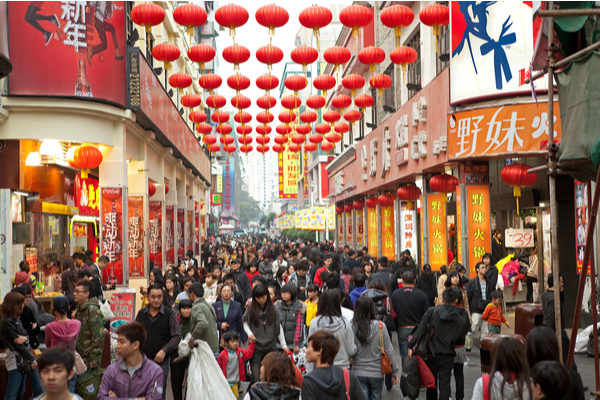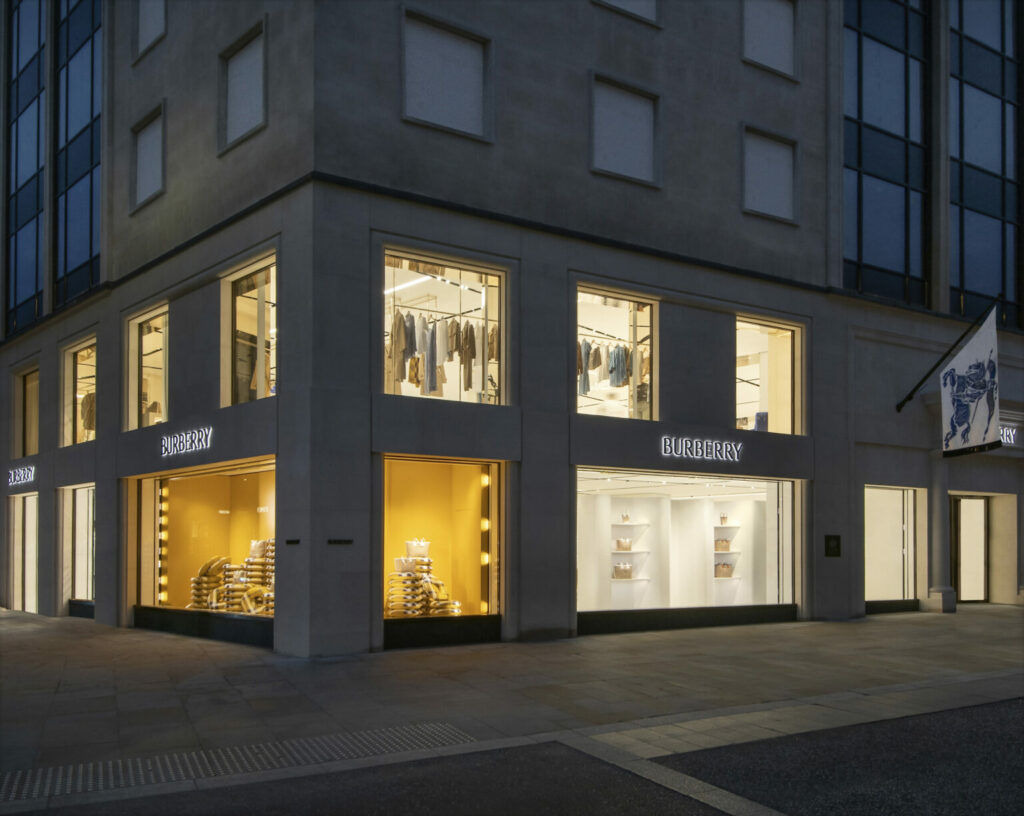The one-year anniversary since WHO declared Covid-19 a global pandemic is just around the corner. The virus, which began in Wuhan, China, resulted in grounded flights, lockdowns and travel limitations becoming the new normal.
It just so happens that that anniversary pretty much coincides with Lunar New Year, an annual event celebrated in China and many other East Asian cultures and diasporas. The festival, this year celebrating the Year of the Ox, kicks off on February 12 and lasts approximately 15 days. Given its cultural significance, Lunar New Year is also an official public holiday, and people in China can get seven days’ absence from work between February 11-17.
Yet with various restrictions still in place across many countries, the majority of Lunar New Year events around the world have either been cancelled or are significantly reduced in size this year. The Chinese themselves – despite their country seemingly dodging the second wave of the pandemic that has plagued much of the west – are also scaling back on big trips around the world, something which used to be common around this time of the year.
Many retailers are left wondering if they can still capitalise on Lunar New Year while stores remain shut under lockdown, especially since many have already taken a significant hit during the pandemic.
“China’s luxury market is booming as the restriction of outbound travel prompted Chinese consumers to domestic shopping,” said Elena Gatti, the EU managing director of Azoya, a Chinese-based ecommerce enabler.
“According to Bain & Company, mainland China’s luxury goods market will likely achieve a 48 per cent growth in 2020.
“The pandemic also accelerated the digitisation of the luxury market in China: ecommerce luxury sales have risen over 150 per cent during 2020.”
Bradley Fagan, senior market insights expert at global software solution firm Uberall, said: “Fashion houses like Dior and Burberry, as well as sportswear giant Nike, are releasing Chinese New Year 2021 capsule collections.
“Even though non-essential stores remain closed, consumers still have different options to purchase Chinese New Year-themed items.”

Last month, alongside its capsule collection, Burberry unveiled a fashion film dedicated to the Lunar New Year. It covers both the environment and new beginnings and aims to resonate with its consumer base with a message of hope.
While many might think Luna New Year would be cancelled this year, Gatti disagreed. She said holiday sales were still “the most effective way for brands and retailers to increase sales and exposure”.
“Customers unleash shopping power during holidays and shopping festival such as Singles Day,” she added.
“Restrictions will change customers’ shopping habits to from offline to online shopping.
“It’s important for international retail businesses to develop their cross-border e-commerce strategy to reach Chinese customers.”
Over the past year, T-mall Global – owned by Chinese ecommerce giant Alibaba – saw a growth of 130 per cent year-on-year in new products, and the number of international new brands increased by 125 per cent year-on-year since April 2020.
“We also saw quite a lot of top brands increase the investment in the WeChat ecosystem for this year’s Chinese New Year,” Gatti said.
“For example, the luxury brand MiuMiu has launched a limited WeChat pop up store for Chinese New Year and Sephora will launch a series live-streaming special via WeChat mini-program.”
As retailers turn to online this year, experts suggested they still needed to be proactive in order to make sales for Lunar New Year.
“To increase consumer engagement, UK retailers can also localise special offers and promotions around CNY,” Fagan told Retail Gazette.
“We also saw quite a lot of top brands increase the investment in the WeChat ecosystem for this year’s Chinese New Year”
“Retailers need to ensure business listings in key online directories like Google, Facebook and Bing are accurate and up to date, posting specific holiday-related content and FAQs – such as special store hours or offerings – directly into business listings, not just their websites.”
He added that recognising and proactively marketing for holidays such as Lunar New Year would “be crucial to serving, and growing, customers in a Covid retail world”.
For businesses using international supply chains and exporting goods there can always be a risk of major delays and disruptions – especially as the pandemic shows no sign of slowing down just yet. Gatti also highlighted that bonded warehouses in China may also be on holiday leave for the Lunar New Year.
“It’s necessary for retailers and brands to stock goods in a warehouse which will be operating during the festival,” she explained.
“Or they can launch the promotion campaign as early as possible and try to fulfil the orders before the Chinese New Year holiday.”
For the orders that cannot be fulfilled during the festival, Gatti said retailers should manage customers’ expectations in advance to avoid complaints.
“For those shipping directly, retailers and brands should maintain good communication with logistics providers and keep an eye on the use of alternative routes amid Covid-19 uncertainties,” she added.
“Arrange the shipment in advance to guarantee the order fulfilment, avoid the backlog of orders before Chinese New Year.”
Online retailers enjoyed massive growth during the pandemic, and as online sales stay on the rise, bricks-and-mortar retailers would need to adapt quickly if they too wanted to capitalise on Lunar New Year.
Tom Summerfield, retail director at AI tech firm Peak, said that while the likes of Amazon and Alibaba have an inherent advantage when it comes to accessibility and lower price points, retailers must continue to leverage their digital transformation strategies, including their AI roadmaps.
“Harnessing the power of a retailer’s data, AI ensures availability of the right stock, based on demand patterns and consumer behaviours,” he said
“By predicting which products consumers buy more of around Chinese New Year and beyond, retailers can ensure there is enough of the right stock to meet customer demand.
“To compete with the Chinese retail giants, our view is that retailers must leverage their data with AI to hyper-personalise the experience for international customers.
“Offering a great customer experience lies in providing a high level of convenience.
“AI enables retailers to understand their customers and create hyper-personalised offerings – providing ultimate convenience that matches or surpasses those offered by marketplaces.
“Retailers, whether pure-play or those operating with multi-channel strategies, must ensure they work smarter not harder.”
While the pandemic will undoubtedly have an affect on the way retailers approach this Lunar New Year, it’s unclear if any changes made would become permanent or if there would be a return to pre-Covid trading in the near future.
“The 2021 Chinese New Year consumer behaviour will be very different comparing to previous years as the main consumption power are retained at tier 1 to tier 2 cities as well as online shopping,” Gatti said.
“As Chinese New Year is the most important festival for Chinese people that everyone will go back to their hometown and stay with their family members, go shipping or travel.
“It’s hard to tell if it will return to pre-Covid trading in the future.
“But for overseas retailers, it still important to develop their cross-border e-commerce strategy to reach Chinese customers as China has rapidly become one of the biggest retail e-commerce market in the world.”
Click here to sign up to Retail Gazette‘s free daily email newsletter

















